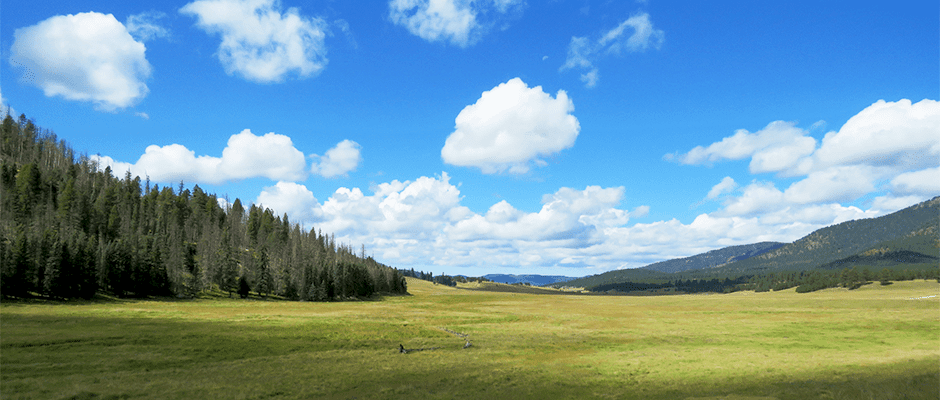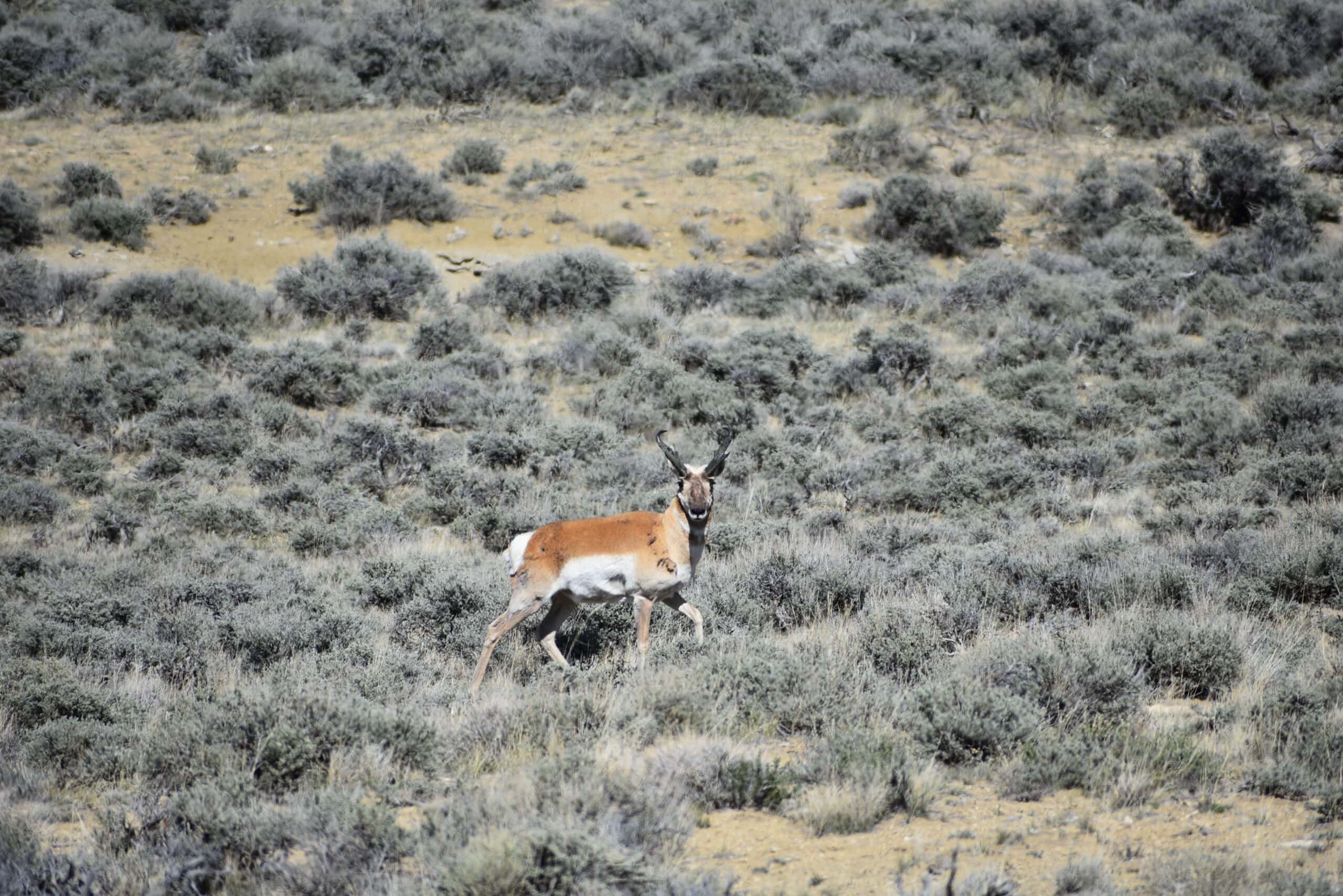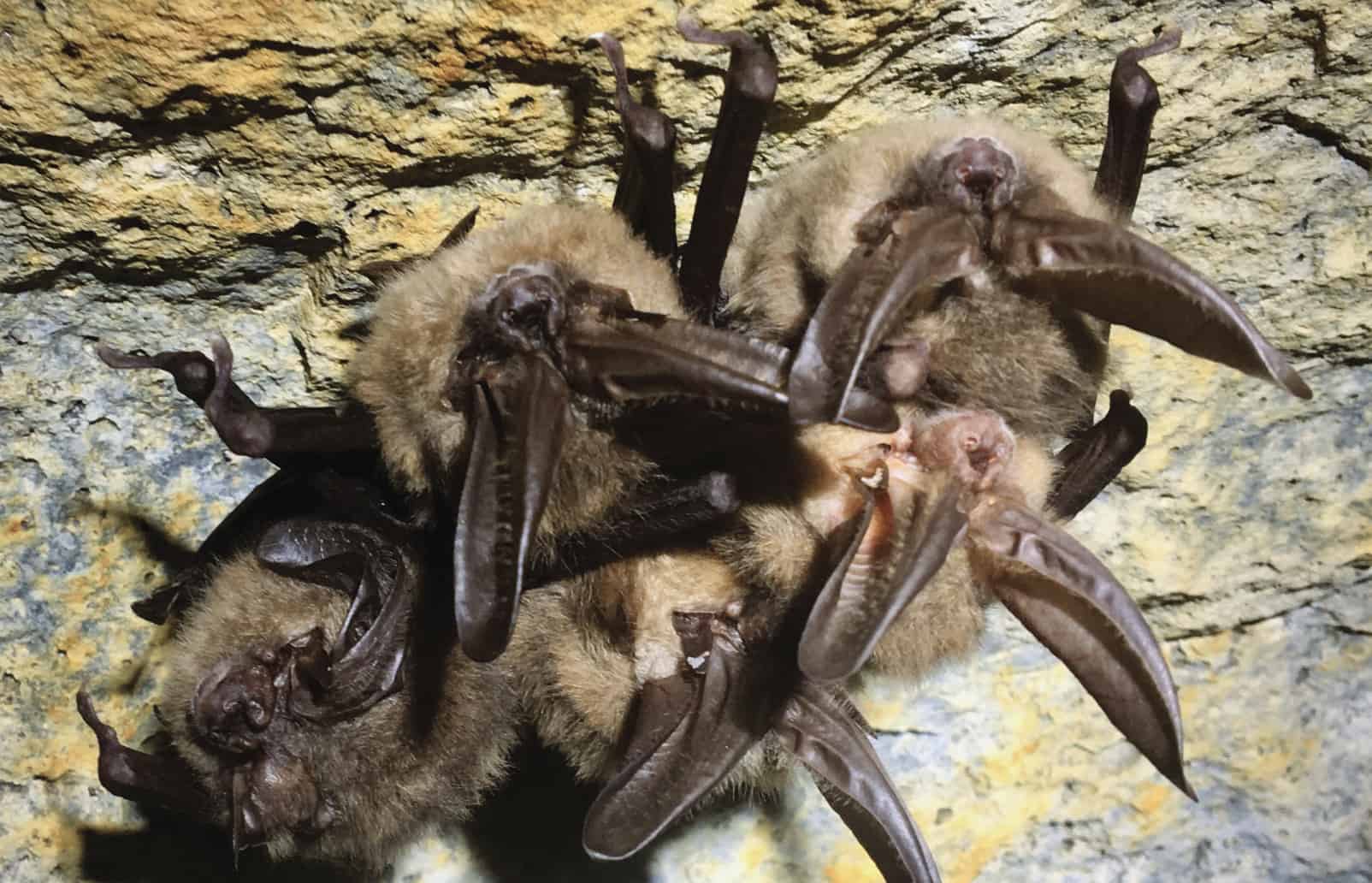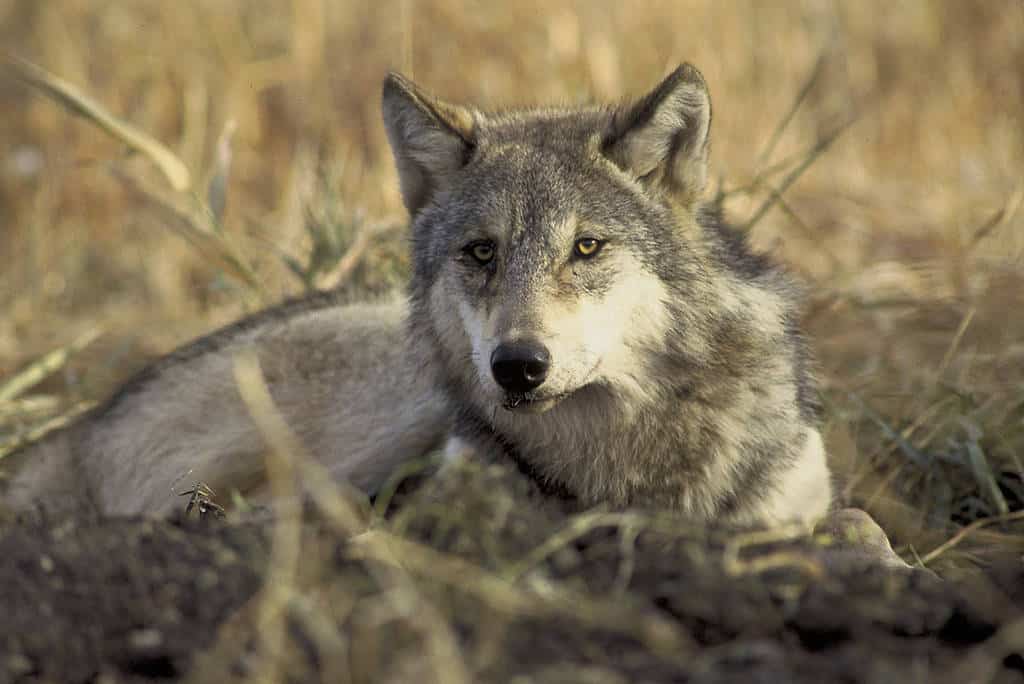Share this article
Get hands-on educational opportunities at the TWS conference
Get ready to get your hands dirty! There’s no better way to learn about new techniques, ideas and other parts of the wildlife biology field than to have hands-on experience with them. At The Wildlife Society’s 24th Annual Conference in Albuquerque, New Mexico, the number of workshops offered has increased since past conferences along with additional opportunities for interactive learning. This year, with advanced registration, attendees are invited to attend a number of workshops throughout the week.
Valles Caldera National Preserve as a natural laboratory monitoring the effectiveness of habitat management, restoration, and wildlife reintroduction efforts
What’s unique about the Valles Caldera National Preserve in New Mexico is that it can naturally serve as a laboratory for researching and monitoring the effects of different habitat on wildlife. The preserve is located on the Valles Caldera, a 13-mile wide circular depression, which is the result of a volcanic eruption that occurred about 1.25 million years ago. At this workshop, attendees can learn about the effects of uncharacteristic, stand-replacing wildlife on forest habitat and the local wildlife community. They can take a look into how wildfire has led to the conversion of habitat from mixed-conifer forest to montane meadow, which can impact all types of wildlife including birds, fish and mammals.
Bat White-nose Syndrome: Best Practices for Surveillance and Management
White-nose syndrome has been devastating bats since it was discovered in New York in 2007. Now, the disease caused by the fungus Pseudogymnoascus destructans (Pd), has been confirmed in 31 states and five Canadian provinces and continues to spread west of Mississippi. In this workshop, attendees will learn about how coordination of efforts between different agencies and organizations is important in following standardized protocols and sharing information with one another. Doing so could help scientists understand the disease better and in turn help conserve bat populations and the ecosystem. “This workshop will provide knowledge and hands-on training from topic experts on WNS surveillance, sampling techniques and decontamination procedures to reduce spread of the pathogen,” said Michelle Verant, a wildlife veterinarian with the National Park Service and an organizer of the workshop. “Management alternatives for minimizing impacts to bat populations and reducing spread of the disease will also be discussed with participation from various state and federal agencies involved in WNS response efforts.” There will be a specific focus on strategies and recommendations for managing the disease in the western United States, where access to hibernating bats or knowledge of hibernacula may be limited. The workshop will consist of lectures on these topics followed by a laboratory session that will allow participants to practice non-lethal sampling techniques, approved bat euthanasia methods and decontamination procedures.
Free-ranging Wildlife Health, Disease and Mortality Investigations — from Outbreaks to Surveillance
As new wildlife diseases are described and new technologies evolve, the techniques used to collect and process biological samples to understand the diseases must be updated. Diseases affect all kinds of wildlife from pneumonia in bighorn sheep (Ovis canadensis), screwworm myasis in Key deer (Odocoileus virginanus clavium) and snake fungal disease. This workshop will include lectures in conjunction with real-life scenarios and hands-on practical experiences to help explain some of the most important parts of disease investigation. Some of the topic will include how to approach cases with legal implications, how to collect environmental data, appropriate and safe biological sample collection and storage, and advances in diagnostic assays. Participants will gain general training for safe and systematic wildlife health investigations.
Do the Genetics 101: Matching Techniques and Technologies to Research Questions in Wildlife Genetics
Participants can find out more about the genetics of the wildlife populations their studying at this workshop, that the Molecular Ecology Working Group has put together. The workshop can benefit new graduate students embarking on wildlife genetics research, agency professionals who need answers to genetic questions to inform management or early career scientists looking to expand into new technologies. The workshop will include an overview of current genetic techniques such as marker types, lab technologies, and others, with a particular focus on what techniques are most appropriate to answering different questions in wildlife ecology, conservation and management. Workshop participants are encouraged to bring information about their own study species or area of interest so that they can learn specifically about sampling designs and methods they can apply to their research. Aside from the knowledge participants will gain, they will also receive a consumers’ guide for collaborating with genetics labs, a resource guide of recommended analytical programs and a study design for their project of interest.
The Technical and Wildlife Management Implications of Hunting Ammunition with a Focus on Non-lead Options for Big Game Hunting in North America
What are the complex issues regarding using lead hunting ammunition in North America? At this workshop, participants will learn from experts about the complex ecological, economic, social and political issues regarding the use of lead ammunition in hunting. As part of the workshop, attendees will learn how biologists, managers and policymakers can interact with hunters and other stakeholders to have a discussion about non-lead and lead hunting ammunition. Participants will begin hearing a discussion about the latest scientific information on hunting ammunition such as the fundamentals of shooting and cartridge design. They will also hear from experts about case studies from the Midwest and western states on bald eagles and California condors. Then, attendees will take a bus offsite to the City of Albuquerque Shooting Range Park to observe the shooting of lead and non-lead rifle cartridges.
Visit the conference website for the complete preliminary detailed schedule of all conference events.
Header Image: Participants at a TWS conference workshop will get the opportunity to visit the Valles Caldera National Preserve. Above is a view of Valle Toledo at the preserve. ©hounddiggity








